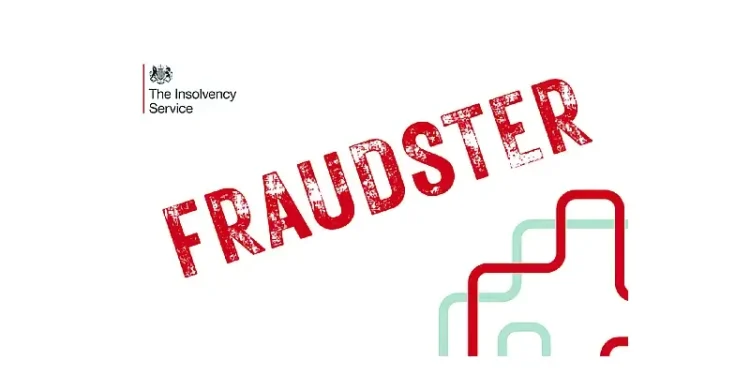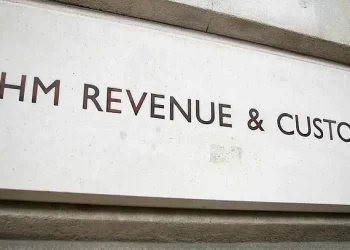Former Chinese takeaway owner Zhang Jin Chen from Portsmouth was sentenced for spending over £107,000 on luxury items instead of paying a £43,000 VAT debt to HMRC.
This case underscores the consequences of tax evasion and fraudulent bankruptcy in the UK, highlighting the importance of financial transparency and compliance.
Luxury Spending Leads to Legal Consequences
Zhang Jin Chen’s case serves as a stark reminder of the repercussions that can follow financial misconduct.
After selling his jointly owned house in Portsmouth in autumn 2020, Chen withdrew £107,550 from the proceeds without settling his VAT debt with HM Revenue and Customs (HMRC). Instead, he indulged in luxury purchases from brands like Apple and Burberry.
Despite owing more than £43,000 in VAT, Chen filed for bankruptcy in 2021, claiming minimal assets. His actions led to a conviction under the Insolvency Act 1986 for fraudulently disposing of property as a bankrupt.
The court sentenced him to a 12-month prison term suspended for 18 months, alongside 150 hours of unpaid work and 10 days of rehabilitation activity.
The Broader Implications
- This case highlights the serious consequences of tax evasion and fraudulent bankruptcy.
- It reinforces that individuals cannot hide assets to avoid paying debts to HMRC.
- The Insolvency Service is actively pursuing recovery of funds under the Proceeds of Crime Act 2002.
- Bankruptcy restrictions limit borrowing capabilities and public role eligibility for offenders.
- The case reflects ongoing efforts by HMRC to crack down on VAT fraud and protect creditors.
A Pattern of Enforcement
This incident is part of a broader pattern where HMRC has been actively targeting VAT fraud and bankruptcy abuses.
Similar cases have emerged over recent years, such as the jailing of another business owner in 2018 for evading over £1 million in taxes.
These actions demonstrate the UK’s commitment to maintaining fairness within its tax system through rigorous enforcement measures.
Insights from Industry Leaders
Mark Stephens, Chief Investigator at the Insolvency Service, emphasized that Zhang Jin Chen had ample opportunity to settle his debts but chose otherwise.
“Individuals who are declared bankrupt commit a criminal offence when they put assets out of reach,” he stated.
This firm stance underscores efforts to protect creditors’ interests while ensuring compliance with legal obligations.
Additional Reading
In Conclusion
Zhang Jin Chen’s case illustrates how financial misconduct can lead to severe legal consequences. It serves as a cautionary tale about prioritizing transparency and compliance with tax obligations.
As HMRC continues its crackdown on VAT frauds, individuals must recognize their responsibilities or face significant repercussions under UK law.
Discover more of More of Todays Top Breaking Government News Stories!
Sources: UK Government, The Insolvency Service, and Accountancy Daily.
Prepared by Ivan Alexander Golden, Founder of THX News™, an independent news organization delivering timely insights from global official sources. Combines AI-analyzed research with human-edited accuracy and context.









